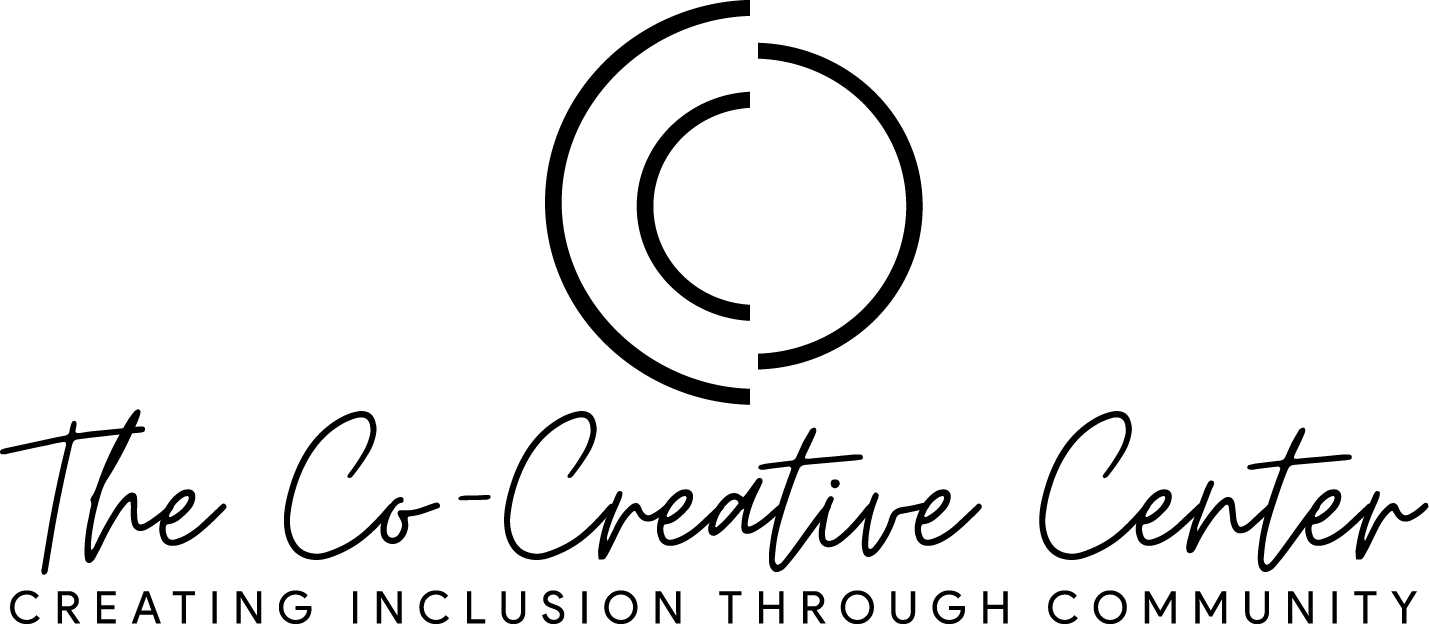Navigating Early Intervention Services: ABA, Speech, and OT
Early intervention services play a pivotal role in the development of children with autism spectrum disorder (ASD). These services aim to provide support and interventions during the critical early years to enhance developmental outcomes. Understanding the different types of early intervention services available is essential for parents and caregivers to make informed decisions about the best approach for their child's needs. In this blog post, we will explore the three main types of early intervention services for children with autism.
1. Applied Behavior Analysis (ABA) Therapy: Applied Behavior Analysis (ABA) therapy is a widely recognized and evidence-based approach for treating autism spectrum disorder. ABA therapy focuses on teaching and reinforcing positive behaviors while reducing challenging behaviors through systematic interventions. This type of intervention is highly individualized, targeting specific skills such as communication, social interactions, and daily living skills.
Key components of ABA therapy include:
Behavior assessment: A comprehensive assessment is conducted to identify the child's strengths, weaknesses, and areas of need.
Behavior intervention plan (BIP): Based on the assessment findings, a customized behavior intervention plan is developed to target specific behaviors and skill deficits.
Data collection and analysis: ABA therapists systematically collect data to track the child's progress and adjust interventions as needed.
Positive reinforcement: ABA therapy utilizes positive reinforcement techniques to encourage desired behaviors and motivate learning.
ABA therapy can be delivered in various settings, including clinics, schools, and homes, and typically involves intensive one-on-one sessions with a trained therapist.
2. Speech and Language Therapy: Speech and language therapy is another crucial component of early intervention for children with autism. Many children with autism experience difficulties in communication, including speech delays, limited vocabulary, and challenges with social communication.
Speech and language therapy aims to improve communication skills by targeting:
Speech production: Helping children develop clear and understandable speech sounds.
Language comprehension and expression: Enhancing the child's ability to understand and use language effectively.
Social communication: Teaching skills such as turn-taking, initiating conversations, and understanding nonverbal cues.
Speech and language therapy sessions are tailored to the child's individual needs and may involve various techniques, including play-based activities, visual supports, and augmentative and alternative communication (AAC) systems.
3. Occupational Therapy: Occupational therapy (OT) focuses on helping children with autism develop the skills needed for daily living activities, sensory processing, and motor coordination. Many children with autism experience difficulties with sensory processing, fine and gross motor skills, and activities of daily living such as dressing, feeding, and toileting.
Key goals of occupational therapy for children with autism include:
Sensory integration: Helping children regulate their responses to sensory stimuli and improve sensory processing skills.
Motor skills development: Enhancing fine and gross motor skills, coordination, and body awareness.
Activities of daily living (ADLs): Teaching essential self-care skills such as dressing, feeding, and hygiene routines.
Occupational therapists use a variety of therapeutic activities, sensory-based interventions, and adaptive strategies to address the child's unique needs and promote independence in daily activities.
Early intervention services play a critical role in supporting the development and well-being of children with autism spectrum disorder. Understanding the three main types of early intervention services – Applied Behavior Analysis (ABA) therapy, speech and language therapy, and occupational therapy – provides parents and caregivers with valuable insights into the available options for their child's individual needs. By accessing these services early and tailoring interventions to the child's strengths and challenges, children with autism can make significant progress and achieve their full potential.
At The Co-Creative Center, we specialized in providing exceptional ABA therapy services. Our team of dedicated clinicians is committed to helping individuals with developmental and behavioral challenges reach their full potential. We offer personalized ABA therapy programs tailored to meet each individual’s unique needs. To learn more about our services and how we can support you and your family, please visit our website thecocreatives.com today! Together, we can create positive and lasting changes in the lives of those we serve.

